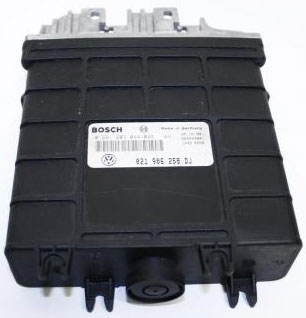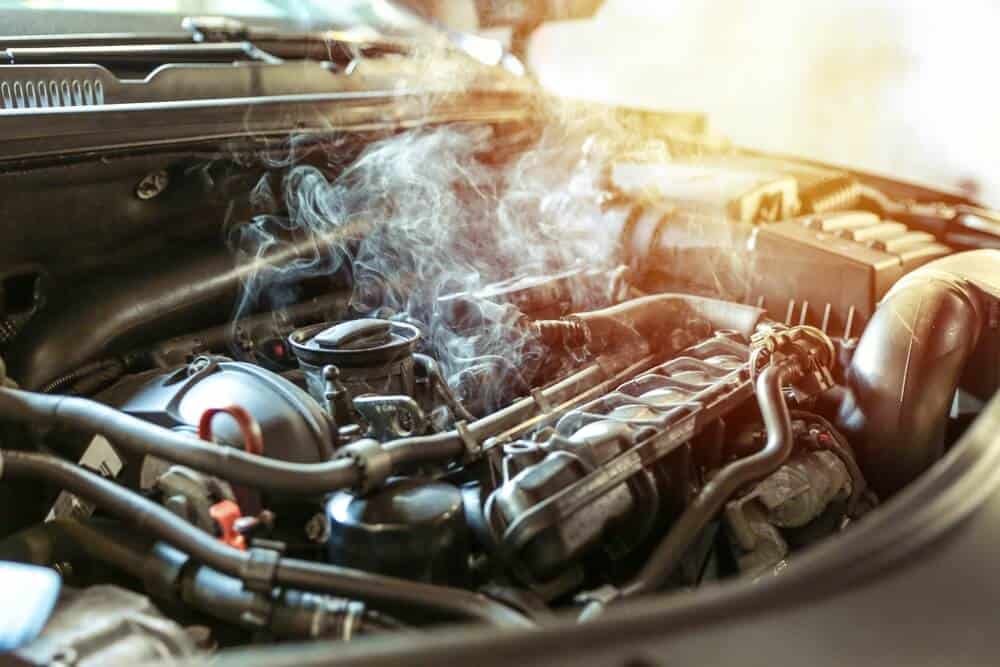When it comes to selling your car, getting the highest resale value is undoubtedly a top priority. To achieve this, you need to ensure that your vehicle not only looks good but also runs well. Proper maintenance and upkeep play a significant role in determining your car’s resale value. In this comprehensive guide, we’ll walk you through a series of maintenance tips and upkeep strategies to help you maximize the resale value of your car.

1. Regularly Scheduled Maintenance
Regular maintenance is the cornerstone of a well-preserved vehicle. Follow the manufacturer’s recommended service intervals for oil changes, filter replacements, and other routine checks. Keeping up with these schedules ensures that your car’s engine and components remain in optimal condition, boosting its resale value.
2. Documented Service History
Maintain a detailed service history for your car. This documentation provides proof that your vehicle has been properly maintained over the years, which can instil confidence in potential buyers. Include receipts, invoices, and records of all repairs and maintenance work performed on the car.
3. Keep It Clean
A clean car not only looks more appealing but also demonstrates that you’ve taken good care of it. Regularly wash and wax your vehicle, and pay attention to the interior. Vacuum the carpets, clean the upholstery, and remove any stains or odours. Consider professional detailing before listing your car for sale.
Read more: Expert Brake Maintenance And Repair: Ensuring Safety On The Road
4. Address Mechanical Issues Promptly
If your car develops any mechanical issues, address them promptly. Ignoring problems like strange noises, warning lights, or performance issues can lead to more significant and costlier repairs down the road. Buyers are more likely to pay top dollar for a well-maintained and problem-free vehicle.
5. Tire Maintenance
Proper tire maintenance is essential for both safety and resale value. Ensure that your tires are properly inflated, rotated regularly, and have a good amount of tread left. Worn-out or mismatched tires can detract from your car’s value.
6. Brake and Suspension Systems
Brakes and suspension are critical safety components. Make sure they are in excellent condition. Replace worn brake pads and address suspension issues as needed. A well-maintained suspension and braking system not only ensures safety but also enhances your car’s value.
7. Address Cosmetic Issues
Cosmetic issues like dents, scratches, and faded paint can significantly impact your car’s resale value. Consider investing in minor cosmetic repairs to restore your vehicle’s exterior. Small investments in touch-ups can yield substantial returns when selling your car.
8. Up-to-Date Fluids
Regularly check and replace all essential fluids, including engine oil, transmission fluid, coolant, and brake fluid. Ensure that these fluids are clean and at the recommended levels. This demonstrates diligent upkeep to potential buyers.
9. Maintain the Interior
The condition of your car’s interior matters. Replace worn-out floor mats, repair any tears or damage to upholstery, and make sure all interior features, such as air conditioning and entertainment systems, are in good working order.
10. Consider Pre-Sale Inspection
Before listing your car for sale, consider getting a pre-sale inspection from a reputable mechanic. This inspection can uncover hidden issues and allow you to address them proactively, assuring potential buyers of your car’s quality.
FAQs
1. Why is maximizing my car’s resale value important?
Maximizing your car’s resale value is crucial because it can help you get a higher selling price, which means more money in your pocket when it’s time to sell or trade-in your vehicle.
2. How often should I have my car serviced to maintain its resale value?
It’s best to follow the manufacturer’s recommended service intervals, typically outlined in your car’s owner’s manual. This usually includes regular oil changes, filter replacements, and other routine maintenance tasks.
3. Does keeping a detailed service history make a difference in resale value?
Yes, a documented service history provides evidence that your car has been well-maintained, which can increase buyer confidence and potentially lead to a higher resale value.
4. Can I perform basic maintenance tasks myself to save money?
Yes, many basic maintenance tasks like oil changes and air filter replacements can be done by DIY enthusiasts. However, it’s essential to follow proper procedures and use the right tools and materials. Complex tasks are best left to professionals.
5. How can I address minor cosmetic issues like scratches and dents on my car’s exterior?
You can address minor cosmetic issues by using touch-up paint for scratches or consulting with a professional auto body shop for more extensive repairs. Fixing cosmetic issues can improve your car’s resale value.
6. Are there specific maintenance tasks that can significantly impact resale value?
Yes, tasks like addressing mechanical issues promptly, keeping the interior clean, and ensuring the brakes and suspension are in good condition can significantly impact your car’s resale value.
7. What should I do if my car has a history of accidents or repairs?
If your car has been in an accident or required repairs, it’s essential to be transparent with potential buyers and provide documentation of the repairs. Honesty can build trust and still result in a reasonable resale value.
8. Is it worth investing in professional detailing before selling my car?
Professional detailing can be worth the investment, as it can make your car look like new and attract more potential buyers willing to pay a higher price for a well-maintained vehicle.
9. How can I determine the fair market value of my car before selling it?
You can determine your car’s fair market value by researching similar vehicles in your area, using online valuation tools, and consulting with trusted sources like Kelley Blue Book or Edmunds.
Read more: Deciphering the Differences: Car MOT and service
10. What other factors can affect my car’s resale value?
Factors like the make and model of your car, its age, mileage, overall condition, and the demand for that specific vehicle in your local market can also influence its resale value.
In conclusion, maximizing your car’s resale value requires a combination of regular maintenance, cosmetic care, and a comprehensive approach to vehicle upkeep. By following these tips and investing in your car’s condition, you’ll not only fetch a higher price when selling your vehicle but also attract more confident and satisfied buyers. Ultimately, a well-maintained car is a win-win for both you and the new owner.


